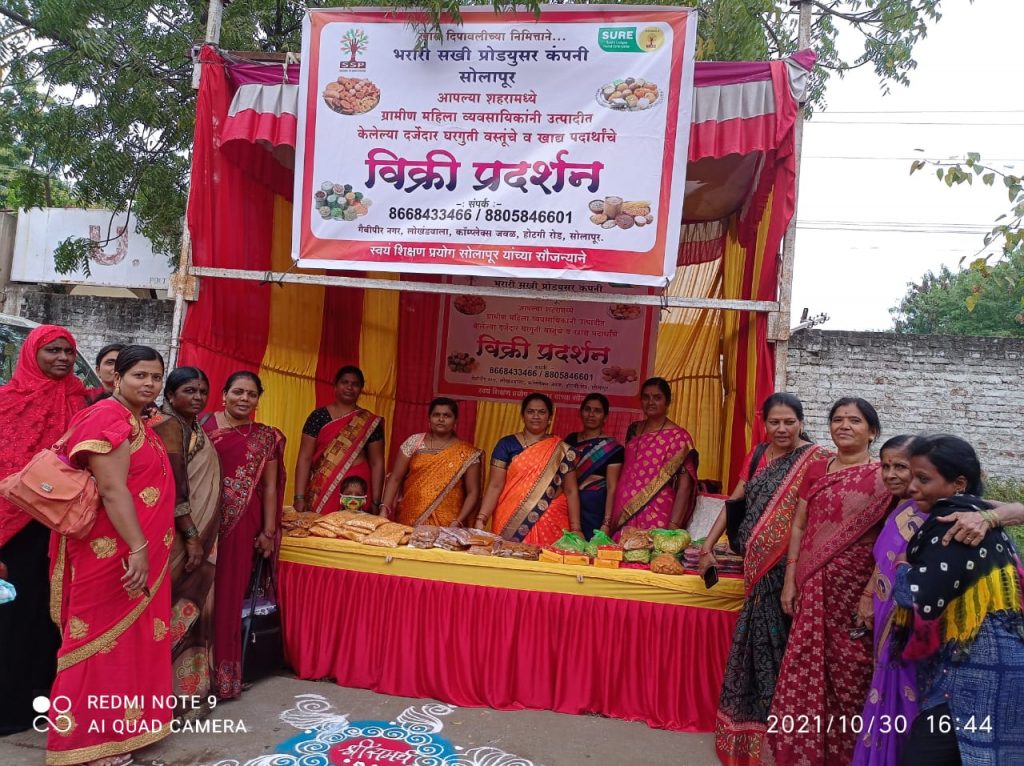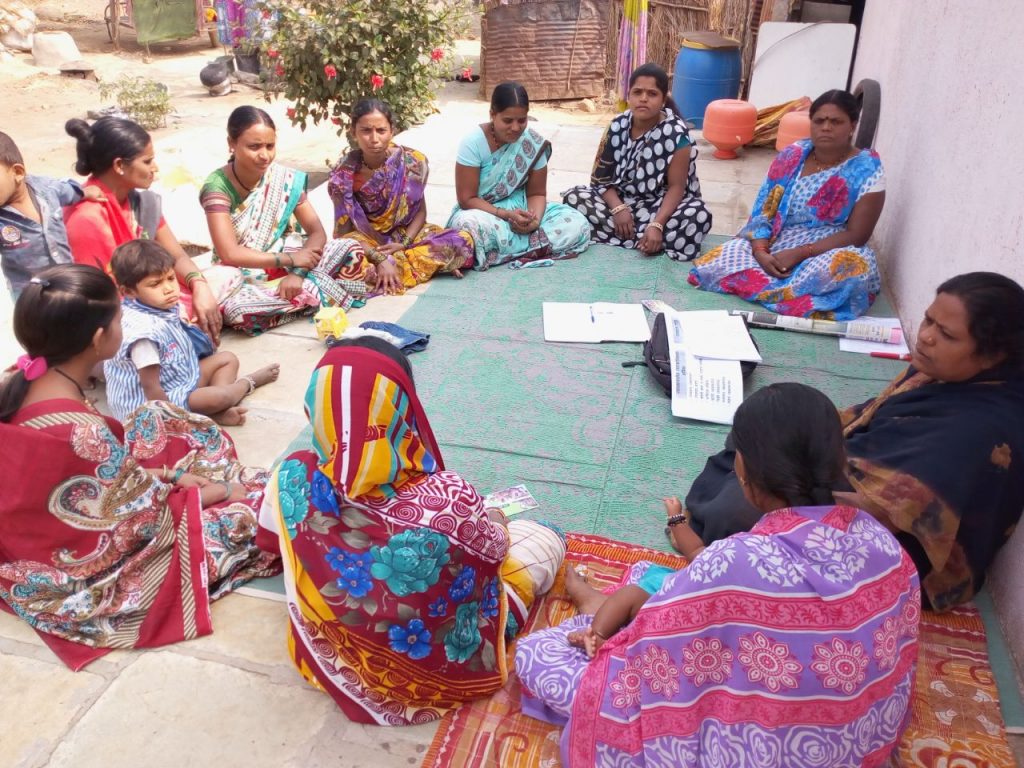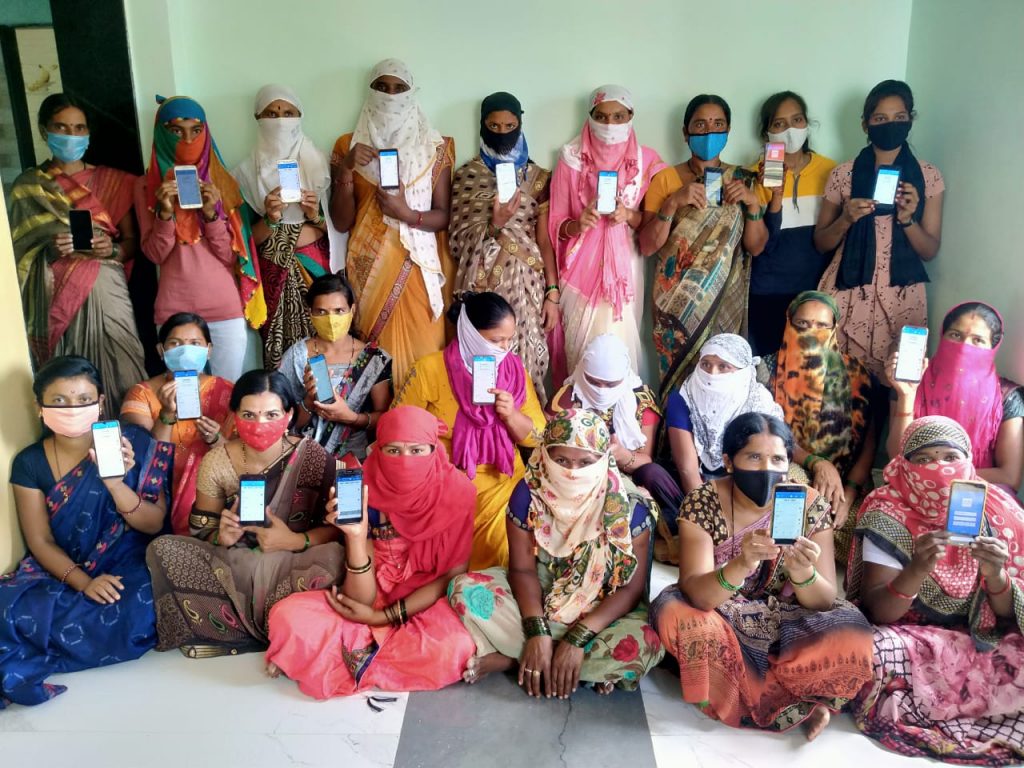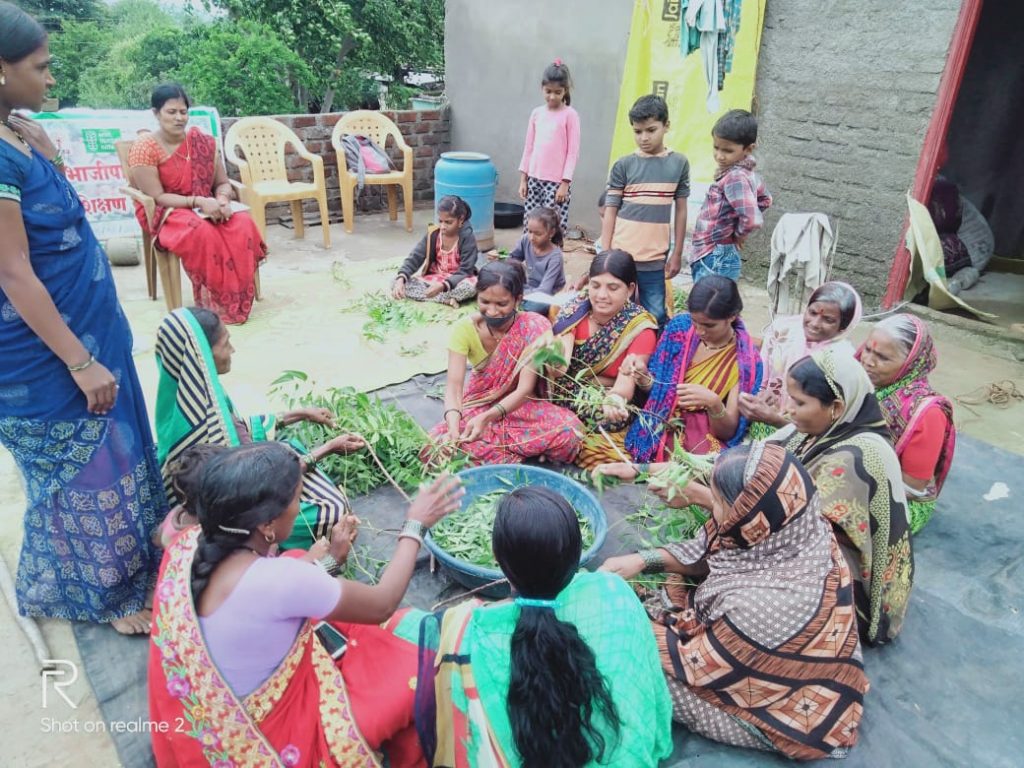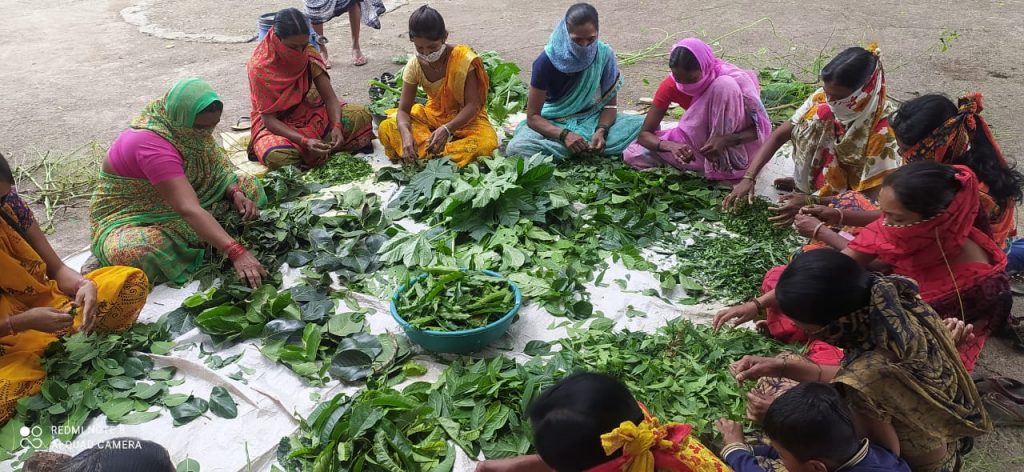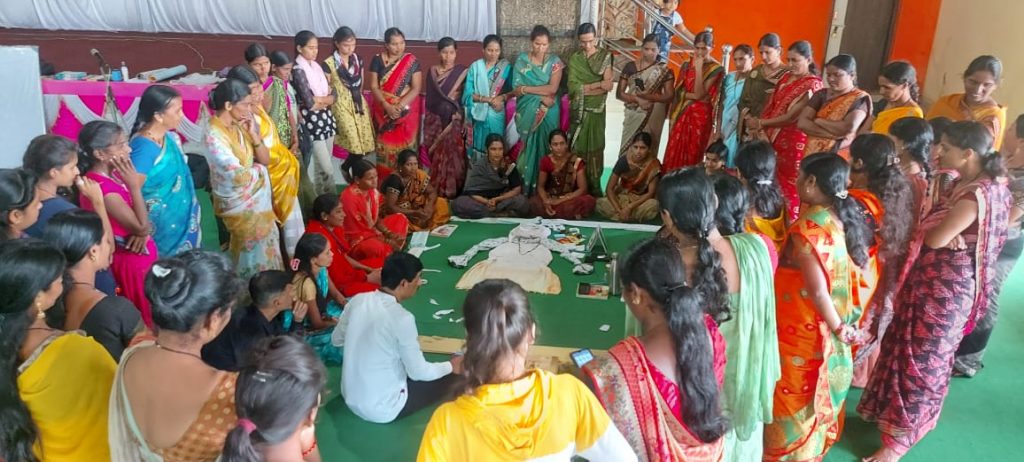
Energy access has improved dramatically over the last twenty years in India, with more than 75 percent of the population now having electricity.
Yet, millions of households in India, particularly in rural areas still suffer from a chronic lack of access to modern energy services while they also face the brunt of the risks associated with climate change. The demand for clean energy technology and its products, solutions, and their adoption, continue to lag behind in rural India because prospective clients are often unaware of them, or do not have easy access to them. Empowering and creating strong networks of women clean energy entrepreneurs can significantly enhance outreach, and enable access to clean energy information and solutions for the “last mile”.
“Recognising the need for clean cooking and drudgery reducing options for rural women, SSP (initially) took up the opportunity to partner a large company in 2005 to co-create a clean fuel cooking stove and grassroots business model that built on the strength of the existing women’s Self Help Group network. The next opportunity to scale up the women’s network in clean energy was in 2012, when a Partnership on Women’s Entrepreneurship in Clean Energy (WPOWER), a programme supported by the US State Department and USAID India, led to popularising clean energy to rural communities.” Prema Gopalan, Founder of SSP
